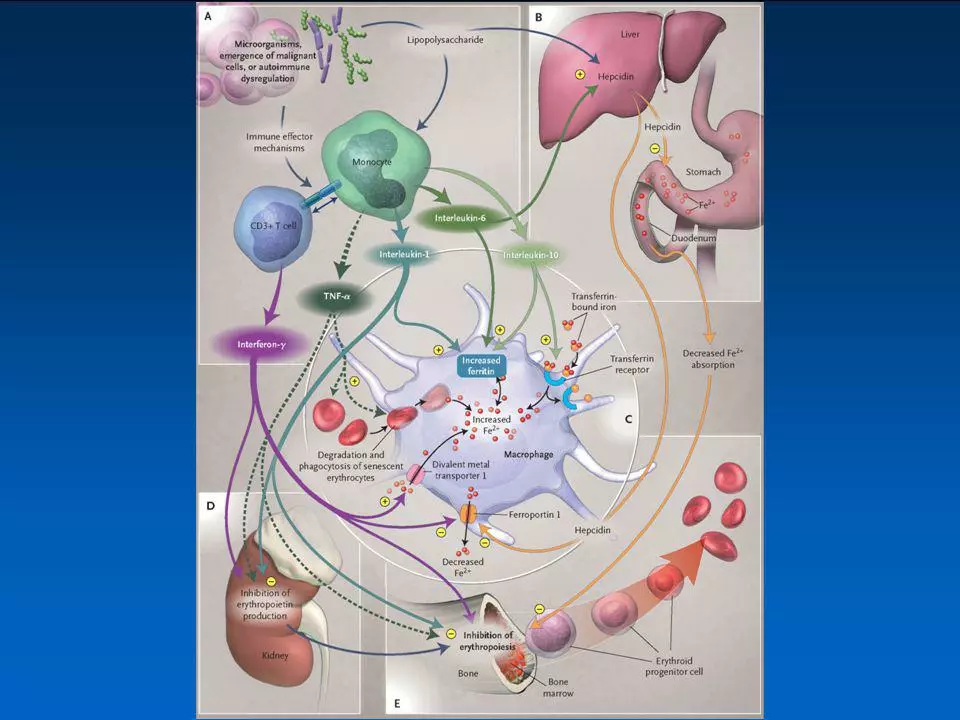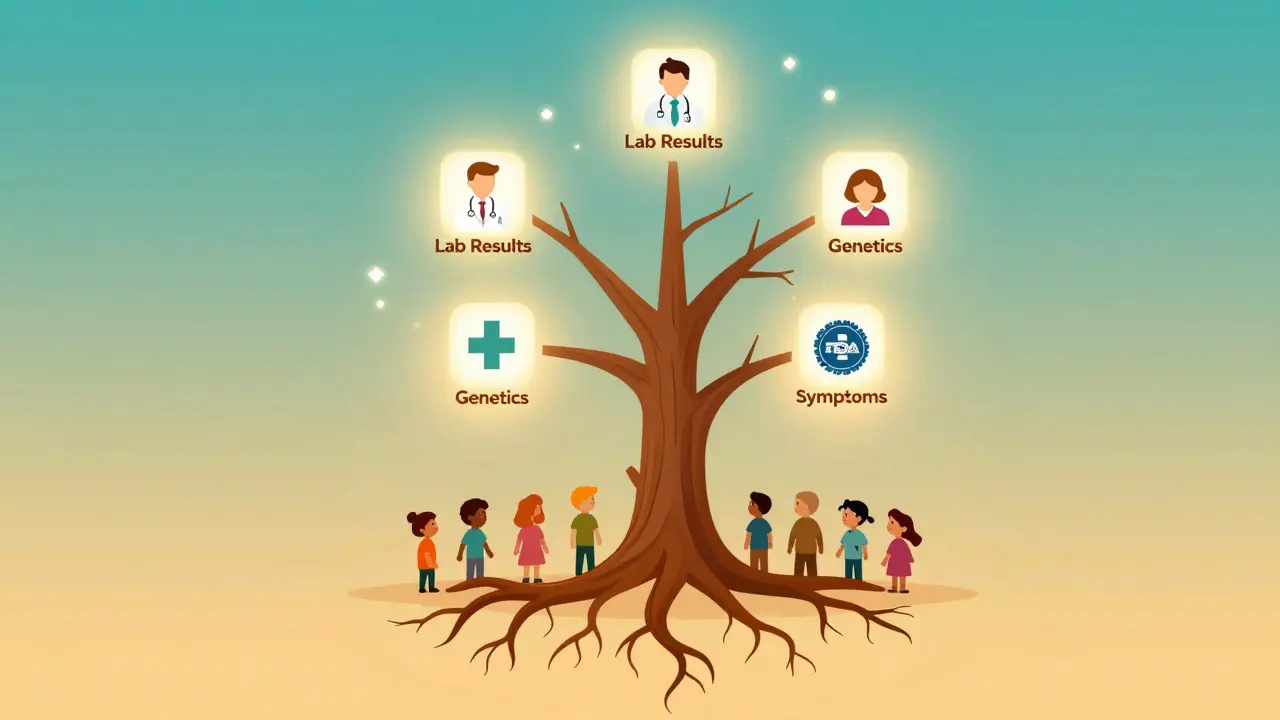Anemia: what to watch for and what to do
Feeling exhausted for no clear reason? Anemia is a common and treatable cause. It happens when your blood can’t carry enough oxygen. That makes everyday tasks feel harder and leaves you short of breath faster than usual.
How anemia shows up
Symptoms vary but often include tiredness, pale skin, fast heartbeat, lightheadedness, cold hands or feet, and brittle nails. Some people notice brain fog or trouble concentrating. If you start seeing these signs and they don’t match your lifestyle or sleep, that’s a good reason to get checked.
There are different types of anemia. Iron-deficiency anemia is the most common. Other types include B12 deficiency, folate deficiency, chronic disease anemia, and anemia from bleeding (like heavy periods or a GI bleed). Which one you have changes the treatment, so testing matters.
Simple tests and what they tell you
A basic complete blood count (CBC) is the first step — it checks your hemoglobin and red blood cell numbers. If the CBC looks off, doctors often order ferritin (iron stores), iron and TIBC (iron transport), vitamin B12 and folate levels, and sometimes a reticulocyte count to see how well your bone marrow is making cells. For hidden bleeding, stool tests for blood or scopes may be needed.
Treating anemia depends on the cause. For iron-deficiency anemia, oral iron pills are the usual start. A common supplement is ferrous sulfate 325 mg (about 65 mg elemental iron) — many people take it once daily or every other day to reduce side effects. Vitamin C (a glass of orange juice) helps iron absorption. Avoid tea, coffee, calcium, or antacids within two hours of iron pills because they cut absorption.
If B12 is low, your provider may recommend high-dose oral B12 or injections, especially for pernicious anemia or severe deficiency. Folate supplements fix folate-deficiency anemia quickly. For anemia caused by chronic disease or ongoing blood loss, the focus is fixing the underlying issue — that could mean treating inflammation, stopping bleeding, or adjusting medications.
Side effects are common but manageable: iron can cause constipation and stomach upset. Try taking iron with food, split the dose, or use a stool softener. If supplements don’t help or your anemia is severe, a doctor might suggest IV iron or other treatments.
When should you see help right away? If you have chest pain, fainting, severe shortness of breath, or very heavy bleeding, seek emergency care. For persistent fatigue, make a primary care appointment and ask for a CBC. A quick blood test often answers the question and points to a straightforward fix.
Worried you might have anemia? Get tested — it’s fast, and many causes are easy to treat with diet, supplements, or simple medical care.





